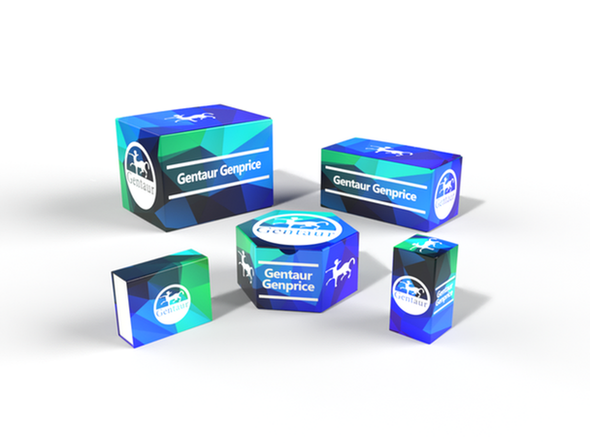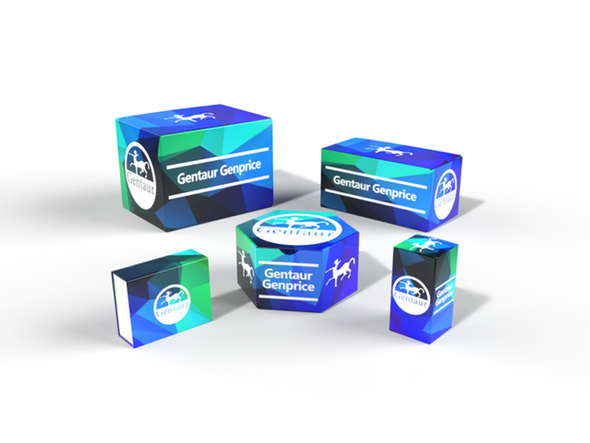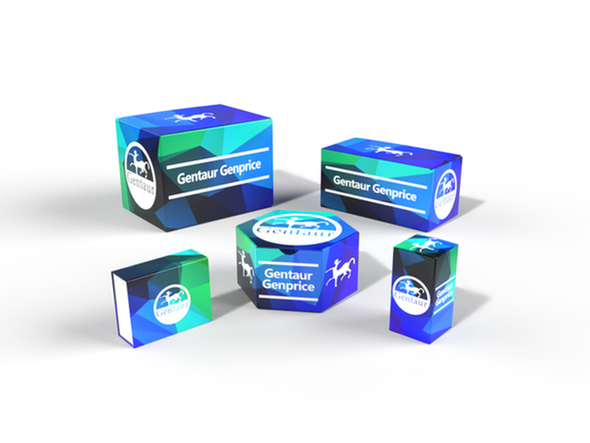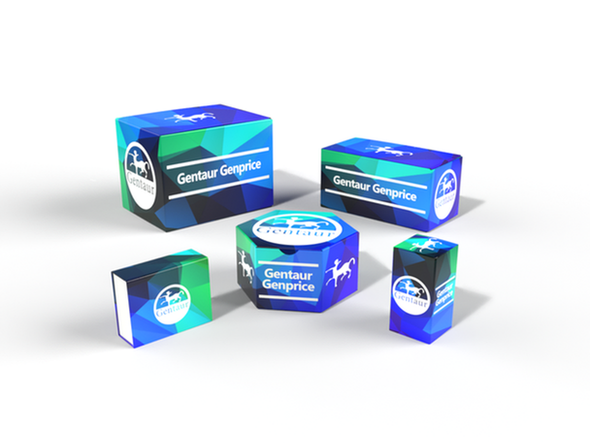BW
p53 (Acetyl-K386) polyclonal Antibody | BS64033
- SKU:
- BW-BS64033
- Availability:
- Usually ships in 5 working days
Description
p53 (Acetyl-K386) polyclonal Antibody | BS64033 | Gentaur UK, US & Europe Distribution
Host: Rabbit
Reactivity: Human,Rat
Application: WB
Application Range: WB: 1:500~1:1000
Background: p53, a DNA-binding, oligomerization domain- and transcription activation domain-containing tumor suppressor, upregulates growth arrest and apoptosis-related genes in response to stress signals, thereby influencing programmed cell death, cell differentiation, and cell cycle control mechanisms. p53 localizes to the nucleus, yet can be chaperoned to the cytoplasm by the negative regulator, MDM2. MDM2 is an E3 ubiquitin ligase that is upregulated in the presence of active p53, where it poly-ubiquitinates p53 for proteasome targeting. p53 fluctuates between latent and active DNA-binding conformations and is differentially activated through posttranslational modifications, including phosphorylation and acetylation. Mutations in the DNA-binding domain (DBD) of p53, amino acids 110-286, can compromise energetically-favorable association with cis elements and are implicated in several human cancers.
Storage & Stability: Store at 4°C short term. Aliquot and store at -20°C long term. Avoid freeze-thaw cycles.
Specificity: Ac-p53 (K386) polyclonal Antibody detects endogenous levels of human p53 protein only when acetylated at Lys386. This Antibody also recognizes mouse and rat p53 protein when acetylated at the corresponding residues.
Molecular Weight: ~ 53 kDa
Note: For research use only, not for use in diagnostic procedure.
Alternative Names: Cellular tumor antigen p53; Antigen NY-CO-13; Phosphoprotein p53; Tumor suppressor p53; TP53; P53
Immunogen: A synthetic peptide corresponding to residues in Human TP53 around the acetylated site of Lys386.
Conjugate: Unconjugated
Modification: Acetylated
Purification & Purity: The Antibody was affinity-purified from rabbit antiserum by affinity-chromatography using epitope-specific immunogen and the purity is > 95% (by SDS-PAGE) .
Pathway:










